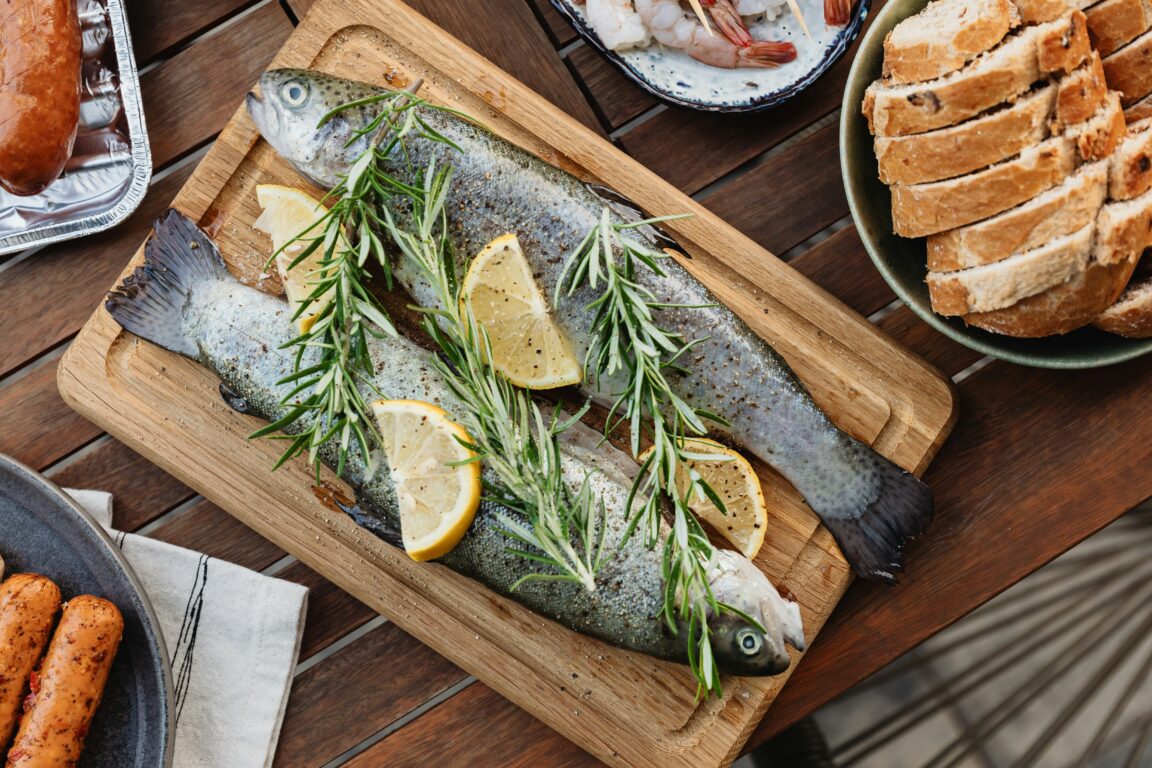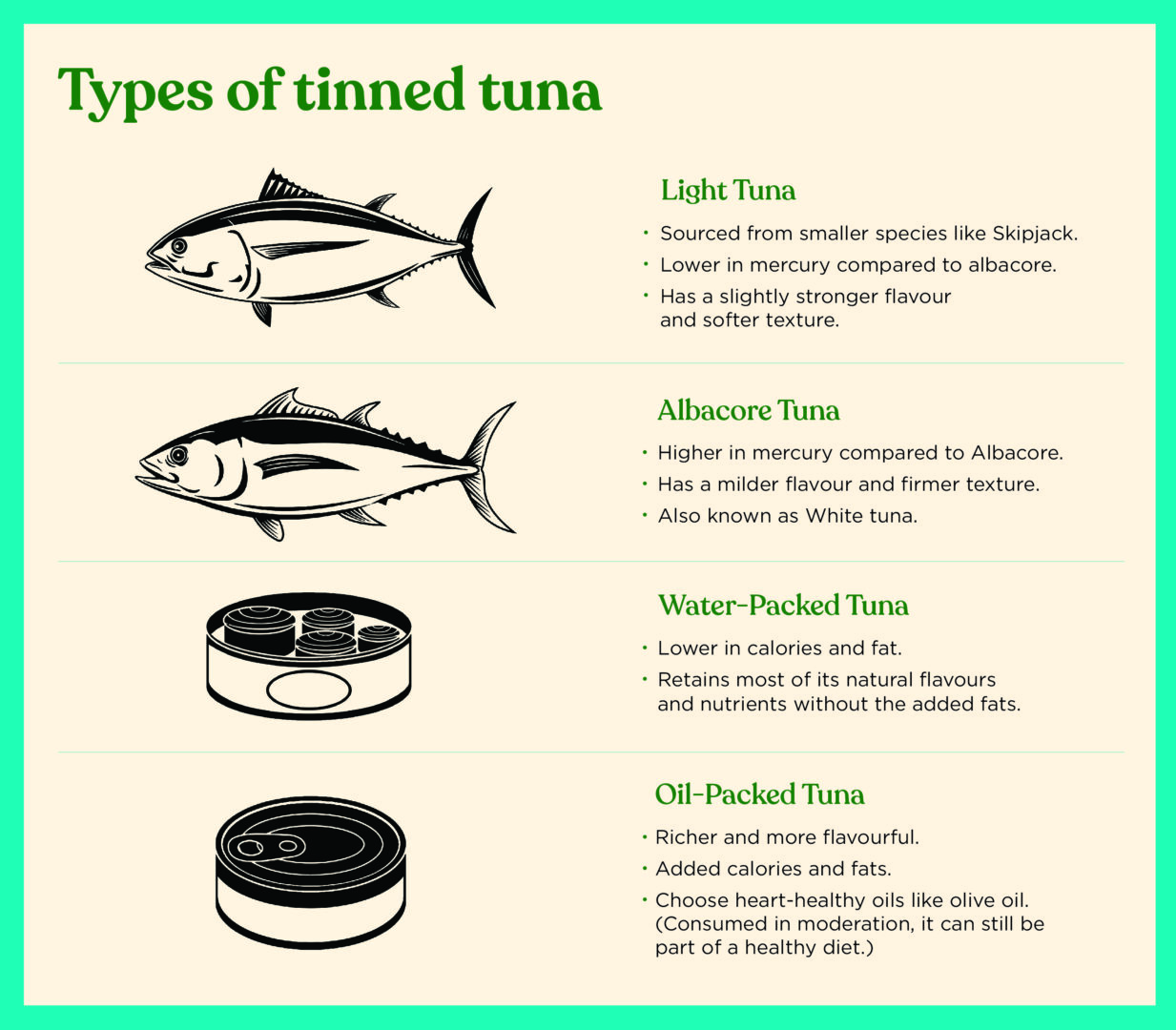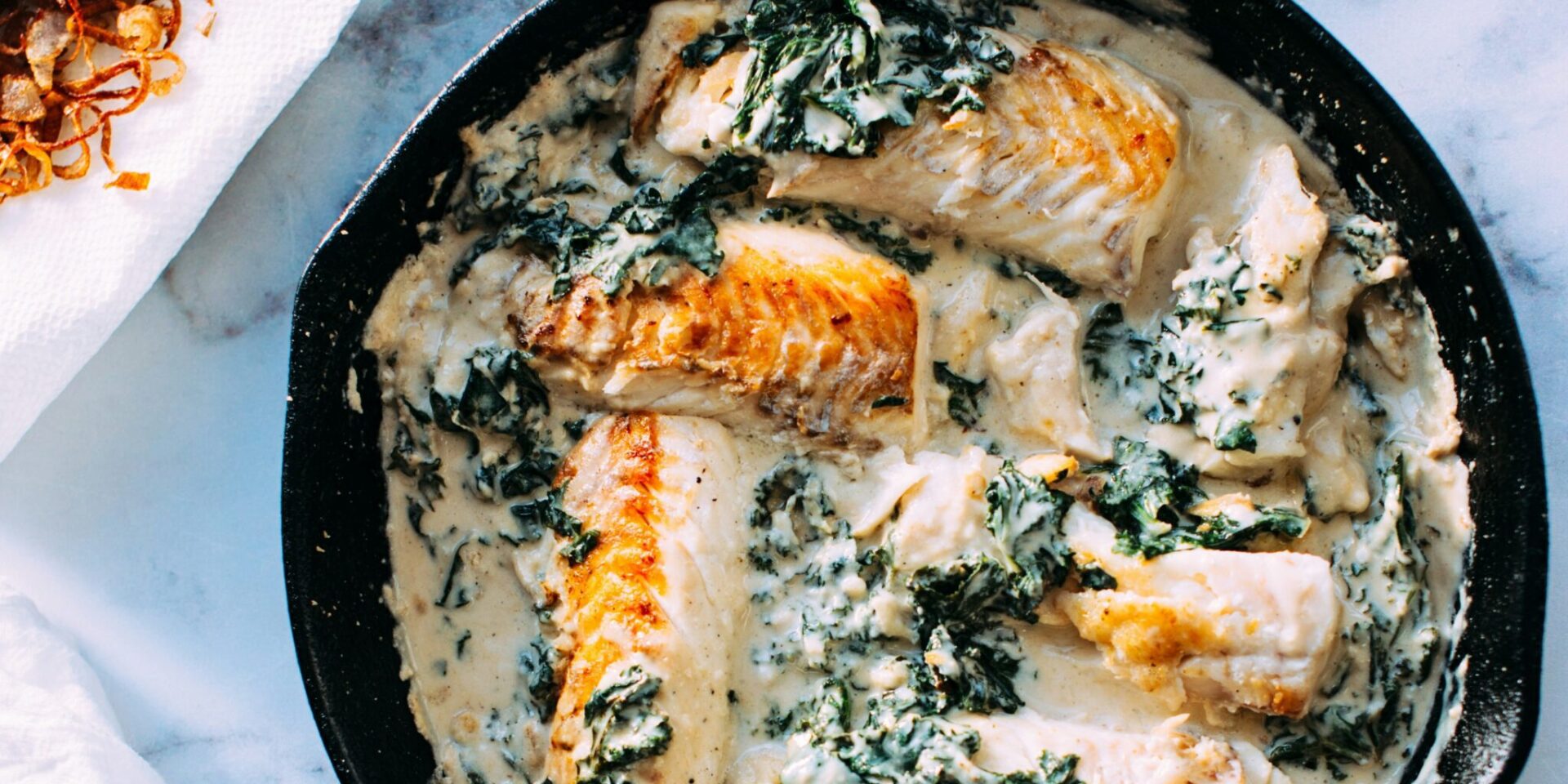The Role of Seafood in a Cholesterol Friendly Diet
Maintaining a healthy heart is a top priority for many, especially those mindful of their cholesterol levels. Seafood, with its rich nutrient profile, offers a tasty and beneficial option for those looking to keep their cholesterol in check. In this article, we'll dive into the best seafood choices for a cholesterol-friendly diet, explore their health benefits, and debunk some common myths. Whether you're a seafood lover or just looking for new ways to support your heart health, this guide is for you.

Is Seafood Beneficial for Cholesterol?
Seafood, particularly fish, is celebrated for its numerous health benefits, making it a smart choice for those managing cholesterol levels. The key lies in the abundance of omega-3 fatty acids, high-quality protein, and low saturated fat content found in many types of fish. Omega-3s are known to reduce inflammation, lower triglyceride levels, and improve overall heart health. Let’s explore the general health benefits of seafood and why it should be a staple in your diet.
Rich in Omega-3 Fatty Acids
Omega-3 fatty acids are essential fats that the body cannot produce on its own. They play a crucial role in reducing the risk of heart disease by decreasing blood pressure, reducing clotting, and lowering cholesterol (LDL) levels. Fatty fish such as salmon, mackerel, and sardines are excellent sources of omega-3s, making them top choices for a cholesterol-friendly diet.
High Protein, Low Saturated Fat
Seafood is a high-protein, low-fat food that can easily replace higher-fat animal proteins like red meat. Consuming protein-rich foods helps build and repair tissues, and protein from seafood provides all the essential amino acids your body needs. Additionally, most fish are low in saturated fats, which can raise cholesterol levels if consumed in excess.
Here’s a closer look at some of the best and most beneficial seafood options.
Is Salmon Good for Cholesterol?
Salmon is packed with omega-3 fatty acids, which help reduce inflammation and lower LDL cholesterol levels. Moreover, salmon is high in protein and contains essential nutrients like vitamin D and B vitamins.
Salmon is rich in EPA and DHA, the most beneficial types of omega-3s for heart health. Regular consumption of salmon can lead to lower blood pressure, improved arterial function, and reduced risk of heart disease.
Try our Lemon Crusted Salmon
Is Tuna Fish Cholesterol Friendly?
Tuna, especially the light variety, is another excellent choice for a cholesterol-friendly diet. It’s low in fat and high in protein, making it a great option for those looking to maintain a healthy weight and support heart health
Both tinned and fresh tuna offer health benefits, but fresh tuna tends to have higher omega-3 content. Tinned tuna packed in water is a lower-fat option compared to oil-packed varieties.
Tuna provides a good amount of omega-3s, which help lower LDL cholesterol.

Types of tinned tuna:
Light Tuna vs. Albacore Tuna
- Light Tuna: Generally, light tuna, often sourced from smaller species like skipjack, is lower in mercury compared to albacore. It tends to have a slightly stronger flavour and softer texture.
- Albacore Tuna: Also known as white tuna, albacore has a milder flavour and firmer texture. However, it typically contains higher mercury levels than light tuna. Therefore, moderation is key, especially for pregnant women and young children.
Packed in Water vs. Oil
- Water-Packed Tuna: Tinned tuna packed in water is lower in calories and fat, making it a better option for those watching their cholesterol and overall calorie intake. It retains most of its natural flavours and nutrients without the added fats.
- Oil-Packed Tuna: This variety is richer and more flavourful, but it comes with added calories and fats. If you choose oil-packed tuna, look for those packed in heart-healthy oils like olive oil. While it provides more calories, it can still be part of a healthy diet if consumed in moderation and chosen carefully.
Recommendations for Cholesterol Management
- Moderation is Key: Given the differences in mercury levels and fat content, balancing your intake of tinned tuna is important. Opt for light tuna more frequently, and enjoy albacore tuna occasionally.
- Incorporate Variety: Include a mix of other omega-3-rich fish like salmon, mackerel, and sardines to ensure you get a wide range of nutrients without overexposure to mercury.
- Healthy Preparation: Pair tinned tuna with fresh vegetables, whole grains, and heart-healthy fats for balanced meals that support cholesterol management.

Photo by Jennifer Pallian on Unsplash
Are Prawns Beneficial for Cholesterol?
Prawns often get a bad rap due to their higher cholesterol content. However, they can still be part of a heart-healthy diet when eaten in moderation. In fact, prawns are high in cholesterol but low in fat: a portion of prawns contains around 200mg of cholesterol, but they are low in saturated fat, which makes them less harmful to heart health than previously thought. Dietary cholesterol has a relatively small impact on blood cholesterol for most people. However, saturated and trans fats have a much bigger effect on raising cholesterol levels in the blood.
Studies suggest that the cholesterol in prawns does not significantly affect blood cholesterol levels and may even help lower LDL cholesterol due to their nutrient profile.
Reinventing Fish and Chips for a Cholesterol-Friendly Diet
Fish and chips, a beloved classic, can be modified to fit a cholesterol-friendly diet. Traditional deep-frying methods can increase the saturated fat content, but there are healthier cooking techniques to enjoy this dish without compromising heart health.
Choosing the Right Fish: Opt for fish like cod or haddock, which are lower in fat and cholesterol.
Baking vs. Frying: Baking fish instead of frying can significantly reduce the fat content. Using whole grain breading and serving with a side of steamed vegetables can also enhance the nutritional value of the meal.
Read More: Let’s Talk About Sugar
What Fish is Cholesterol Friendly??
Here’s a quick overview of some other cholesterol-friendly fish options:
- Mackerel: Rich in omega-3s, mackerel is great for reducing triglycerides and supporting heart health.
- Sardines: Another omega-3 powerhouse, sardines are also high in calcium and vitamin D.
- Trout: Offers a good balance of omega-3s and low saturated fat, making it an excellent choice for heart health.
Cholesterol Levels by Type of fish
| Fish | Cholesterol (mg) | Information |
| Tinned Tuna | 10.00 | Canned fish can give you just as many health benefits as fresh fish,including omega-3 and protein. Even though it’s an animal product, a tin of tuna only holds 10mg of cholesterol, as well as low saturated fat-making it a great choice for heart health |
| Prawns | 200.00 | Prawns can be particularly high in cholesterol (around 200mg a portion)-but this doesn’t mean they’re bad for you. Whilst they’re high in cholesterol, they’re low in fat and actually help keep LDL (‘bad cholesterol) low |
| Fish & Chips | 0.00 | Whilst fish and chips tend to have little or no cholesterol in them, this can be impacted by high levels of fats and calories from deep frying. |
Incorporating seafood into your diet is a delicious way to manage cholesterol levels and promote heart health. With a variety of options like salmon, tuna, prawns, and more, you can enjoy diverse and flavourful meals while taking care of your heart. Remember to choose fish rich in omega-3 fatty acids, opt for healthier cooking methods, and balance your intake to reap the maximum benefits.
